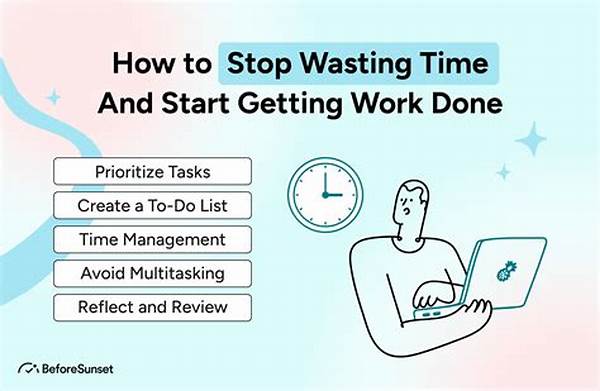
Stop Wasting Time: The 3 “Freelance Courses” That Are Just Selling Generic Information!
In the bustling world of freelancing, time is money. With more people breaking away from the traditional 9-to-5 grind, the allure of flexible hours and the potential for lucrative earnings beckon many to start their freelance journey. But amidst navigating client meetings and crafting proposals, freelancers often reach out for courses to sharpen their skills and gain a competitive edge. Unfortunately, a plethora of “freelance courses” promising groundbreaking insights are merely repackaged, generic information that wastes precious time and resources.
Read More : The Active Listening Technique: A Powerful Way To Understand Client Needs Instantly!
Imagine signing up for a freelance course with the hope of acquiring new knowledge and skills. Yet, as the modules progress, the realization hits—you’re revisiting the same generic advice available for free on countless blogs and YouTube channels. Courses boasting expertise in client acquisition might highlight obvious pointers, like “network more” or “be professional,” without delving into practical strategies or insider tips that distinguish a novice from a seasoned freelancer.
This is where many freelancers find themselves: stuck in a loop, investing in courses that don’t deliver. So, how do you identify these time-wasting traps before falling prey to them? Let’s dive into the tell-tale signs of these generic courses and explore three popular ones to be wary of.
Beware the Generic Freelancer Course
The first course to avoid is often wrapped in a flashy marketing campaign promising instant success. Remember those ads telling you that you can become a top freelancer overnight by following a few “simple steps”? The reality is different. Effective freelancing strategies require more than regurgitated motivational speeches. A truly beneficial course should offer unique perspectives, actionable insights backed by experience, and real-world examples that transcend the obvious.
Next up is the course promoting endless webinars and workshops that ultimately loop back to the same basic content. While it’s crucial to stay updated with the latest trends and tools in the freelance world, continuously recycling outdated material under the guise of a “new approach” is misleading. Instead, opt for courses with updated content that reflects ongoing changes in the freelancing market.
Finally, be wary of courses with vague curriculums and no clear learning outcomes. If you’ve ever been enticed by a course promising to unlock “the secrets of successful freelancers” only to find broad, non-specific advice—you’re not alone. A course that can’t explicitly state its objectives or deliverables might not add much value to your journey.
Choosing the Right Course
While many courses fall into the trap of being overly generic, not all are deceptive. The key to selecting a worthwhile course lies in doing your homework. Research the instructor’s credentials, scan testimonials, and cross-reference the course syllabus with industry standards to ensure it aligns with your learning objectives.
Unveiling the Waste: What to Watch Out For
When contemplating a freelance course investment, it’s imperative to analyze its components thoroughly. The market is oversaturated with programs that thrive on broad appeal, often compromising on the depth of content.
Identifying Gaps and Fulfilling Needs
Courses should cater to specific skills rather than broad, impractical concepts. Focus on niche skills like SEO for content writers or advanced project management for freelancers. Such targeted modules enhance proficiency and can sharply elevate your freelancing career.
Freelancing has transformed the modern work landscape, offering countless individuals the chance to map their destiny. But, this empowerment comes at the cost of navigating pitfalls, notably generic course offerings that overpromise yet underdeliver. To avoid wasting time, it’s crucial to stop wasting time: the 3 “freelance courses” that are just selling generic information! By cultivating a discerning eye, freelancers can sidestep these traps and invest in courses that truly contribute to their growth and success, turning potential detours into a path paved with opportunity and expertise.


